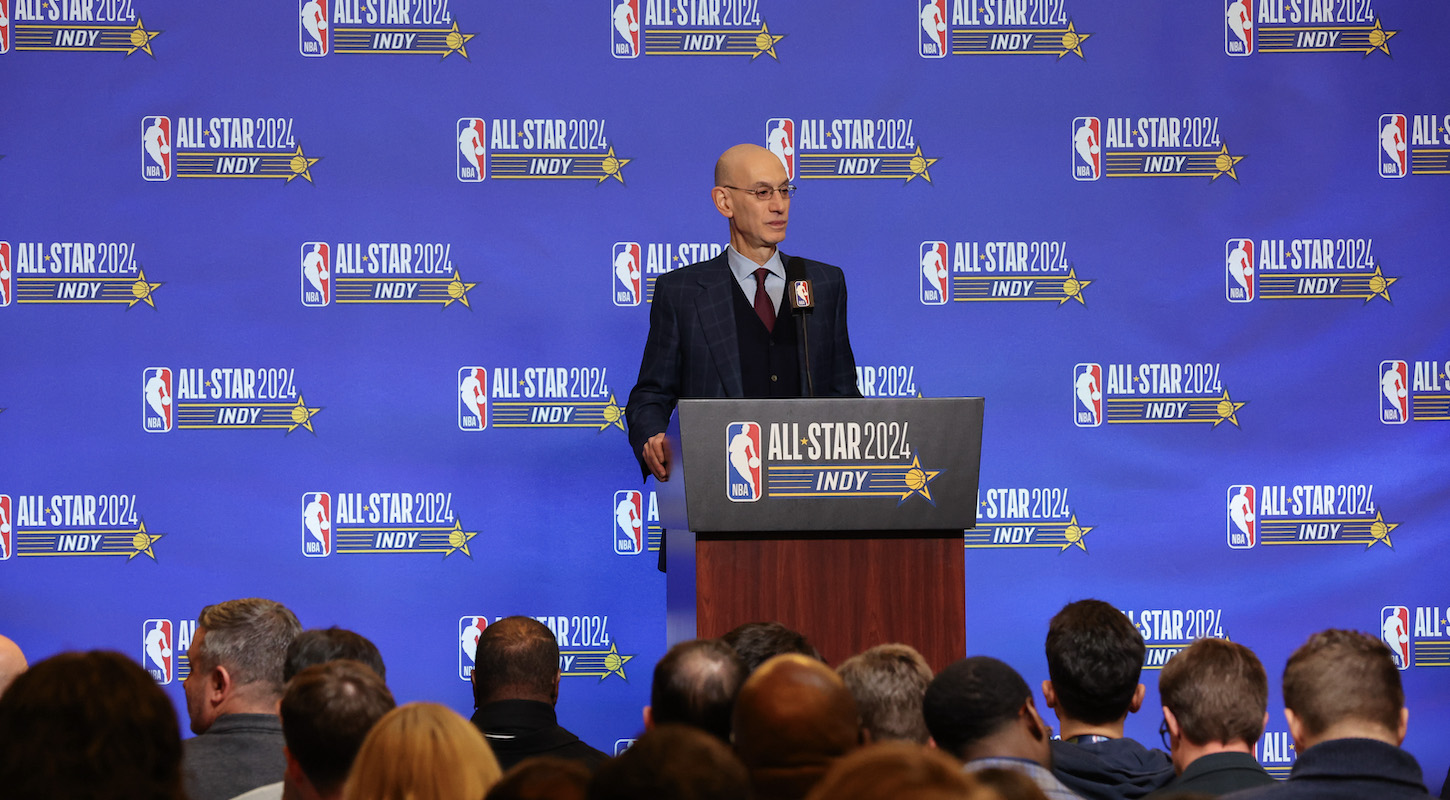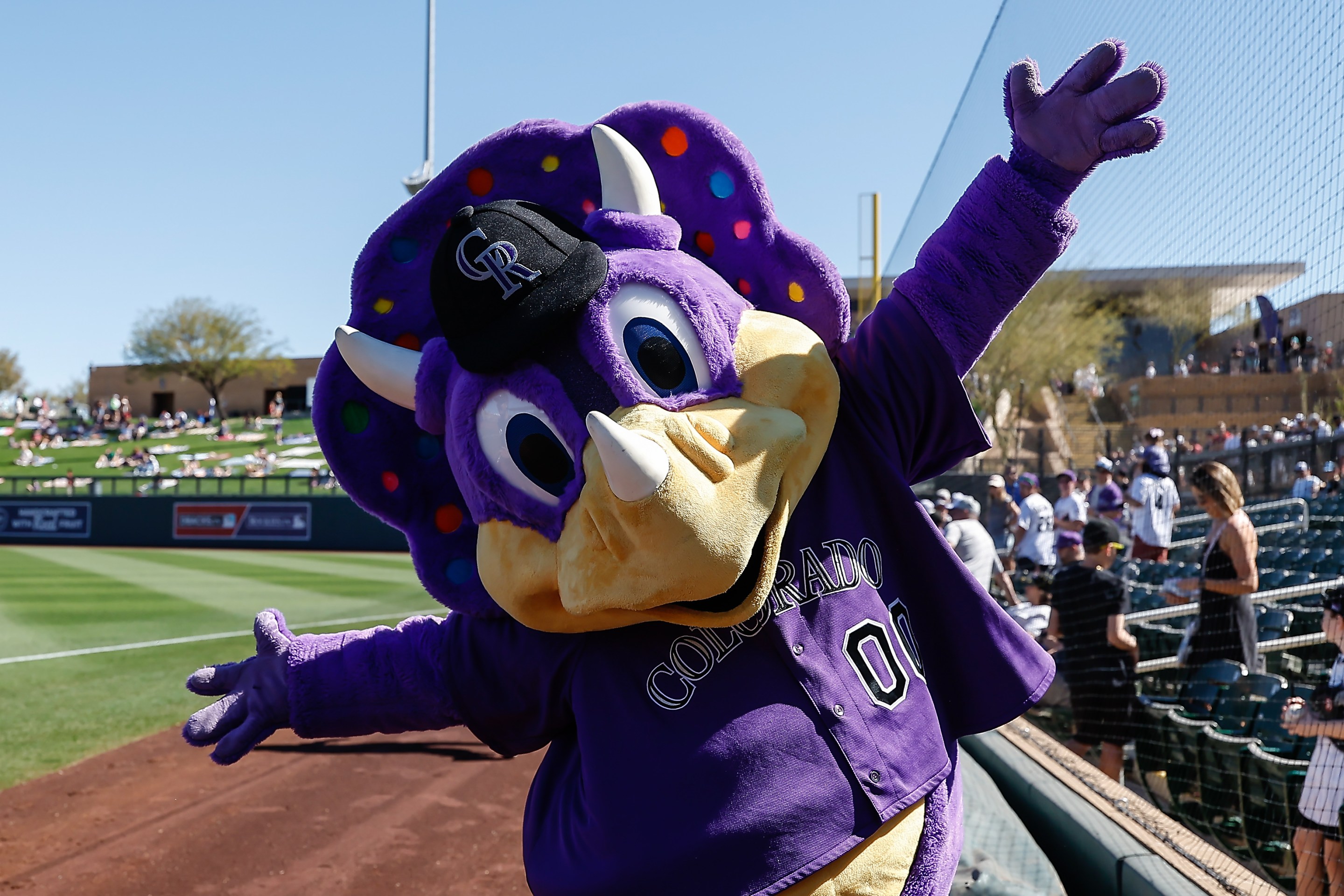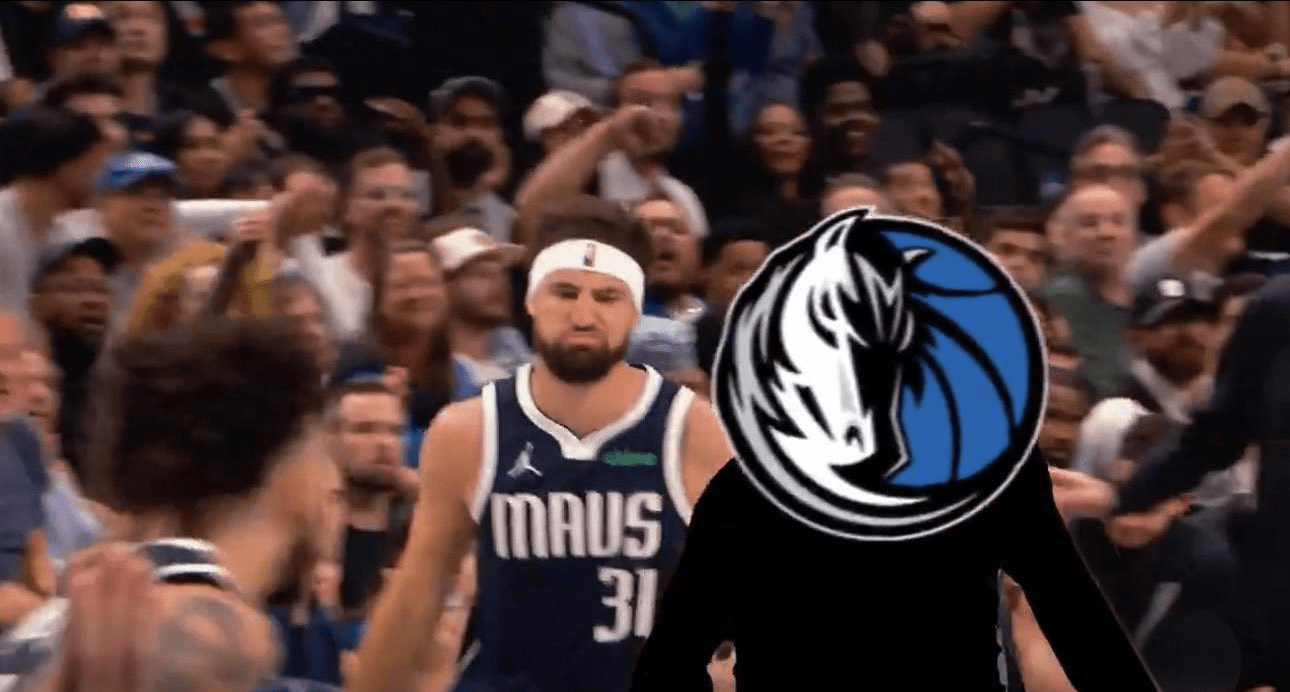Adam Silver used to be the commissioner the players liked, the one who wanted the best for them all while making sure that his actual bosses get theirs off the top. He was given credit for easing noted slumlord and part-time Los Angeles Clippers owner Donald Sterling out of the sport; he spoke empathetically about the players and their struggles with the burdens of the job of basketball; he was particularly understanding in guiding Draymond Green through his last rage episode. He was the commissioner who wanted everyone to be happy, and as long as LeBron James and Stephen Curry kept the cash machines stocked, they were.
But today? His All-Star Game is actively dismissed as an unconvincing exercise by fans, and the players themselves find their pay for the day to be insufficient. Silver's 65-games-for-award-eligibility initiative is roundly hated by players. His general resistance to the load-management argument—that, in fairness, never actually began with the players themselves—is now a point of active friction with fans and networks alike. The battleground that breaks relationships—you-need-to-do-more-then-I-need-to-get-more—is being prepared, and when LeBron James says as he did in the Sam Amick piece linked above, "It's a deeper conversation," it comes with ominous organ music.
The All-Star Game is its own issue, a full-on anachronism that the Eastern Conference All-Stars remodeled for themselves when they decided (re: Jalen Brunson) to go for 200 points Sunday, an initiative the Western Conference All-Stars did nothing to resist. The fun of the game for the players begins and ends in being named to the team, and it takes a creative lean like the Curry–Sabrina Ionescu shootout to create even the slightest spark.
But in other ways the next generation of players are less reverent toward the structures that Silver helped fashion and tries to defend now on behalf of his actual clients (the owners and media rights holders). The differences all shake down to the same dispute: what constitutes work and how it is compensated. And that is indeed a deeper conversation, all the way down to who gets to be in the room when it happens.
In truth, Silver is actually the shadow of the real debate, which is between the 30 owners who want maximum work for salary paid, and the newest top strata of players who want maximum money for work expended. The in-season tournament was a compromise that will surely be expanded in future seasons; the 65-game award limit was a management backlash against All-NBA team bonuses paid to players who barely play two-thirds of a season.
Frankly, this seems like a more fundamental argument than Anthony Edwards talking about shooting left-handed, an argument Adam Silver has never had to adjudicate, let alone steer. He was once a friend to them, and now he's just another hall monitor, and it's all because nothing is ever designed to stay the same. The All-Star Game is now the new Pro Bowl, and we all know how that ended.





